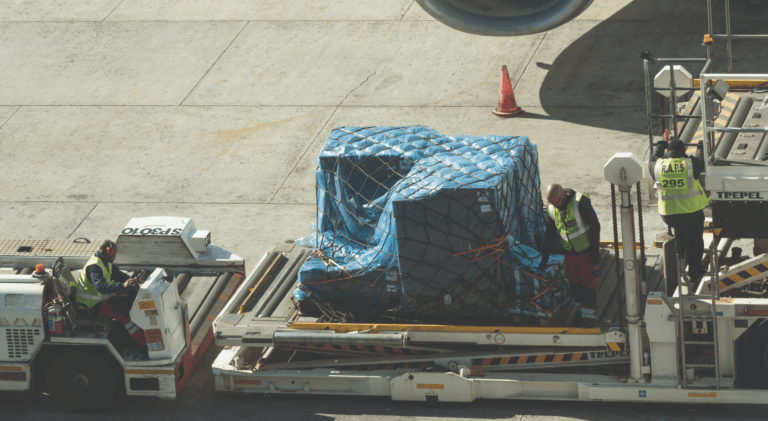DRIVEN by its rich natural resources and expanding export capabilities, Africa’s airfreight market is seeing significant growth. Regions like South Africa, Morocco, and Egypt have shifted from traditional exports, such as melons, to producing niche, high-value goods like berries, organic perishables, and cotton candy-flavoured grapes, reflecting Africa’s increasing ability to meet global demands for food security and sustainable products.
Northern and Southern Africa are key regions of opportunity. East Africa, particularly Kenya and Ethiopia, stands out as a global leader in high-value agricultural exports, such as flowers, fruits, and vegetables, primarily destined for Europe and the Middle East. In West Africa, countries like Nigeria and Ghana are experiencing growing demand for imports of consumer goods and industrial equipment. Additionally, their exports of commodities such as cocoa, gold, and oil create trade flows.
“The African airfreight industry has undergone significant transformation, marked by increased trade and connectivity. One of the most notable developments has been the growth of intraAfrican trade,” Anand Kulkarni, Head of Global Markets at Lufthansa Cargo, stated. “Additionally, enhanced trade relationships with Asia, Europe, and the Middle East have spurred higher volumes of exports such as perishables like flowers, fruits, and vegetables, as well as imports of consumer goods and industrial machinery.”
“Key factors driving growth in the African airfreight market include the rising demand for perishables, the expansion of e-commerce, and the continent’s increasing appeal as a tourist destination,” Grant Kemp, Etihad Cargo’s Regional General Manager Central, added.
“For example, Etihad Cargo has focused on aligning passenger and cargo capacity to cater to demand in regions such as South Africa and Kenya, and the introduction of Algiers and Tunis in 2025. “The launch of new routes supports the growing need for efficient connections and provides optimised solutions for both e-commerce and perishables.”
Charter market
The African air cargo market has long been defined by consistent trade patterns, with perishables remaining a dominant export across the continent. However, political instability and conflicts across the continent have impacted the industry in multiple ways. In some regions, humanitarian aid demand has surged, increasing cargo volumes, particularly for charter companies while simultaneously disrupting production and trade for traditional carriers. With new and ongoing regional challenges emerging each year, the landscape remains dynamic.
Meanwhile, industrial growth is driving the establishment of new manufacturing plants across Africa, contributing to a rise in cargo movements. Additionally, e-commerce has become a major focus in Africa, experiencing significant growth in recent years and further reshaping air freight dynamics.
“There are a number of new airports that have recently opened or are due to start operations in the next 5 years. Angola, Ethiopia, Tanzania and South Africa are quite far advanced in these new developments,” Lyndee du Toit, CEO of Air Charter Service South Africa, stated.
“Alongside those, smaller or secondary airports offer more flexibility and availabilities with slots and parking, for example. It is also much easier to operate smaller flights into these airports, and the processes are often quicker.”
Digital developments African airfreight operators are increasingly leveraging digital tracking systems to enhance operational efficiency and customer satisfaction. For a long time, Africa was a white spot in regards of Supply Chain Visibility. But due to its importance in global value chains especially for commodities and food, visibility is more and more in demand and requires the providers to offer these services.
As such, there has been increasing demand from customers from the African continent in solutions to modernise tracking and visibility, which is a clear sign that these topics are becoming more important in this region.
“Logistics and cargo transportation is surging in Africa and will continue to do so. Without further steps in automation this would not be possible. Additionally, automation offers huge savings not only for logistics but also for goods being transported,” Martin Schulze, CEO of BlueBox Systems, explained.
“Africa offers a huge potential for startups, especially from Africa itself,. Markets are still in the making, and the adoption rate of technology is not as high yet as in other regions. Therefore, startups will not have to fight existing players and legacy systems and processes but can really offer something new in a “green field” situation.”





